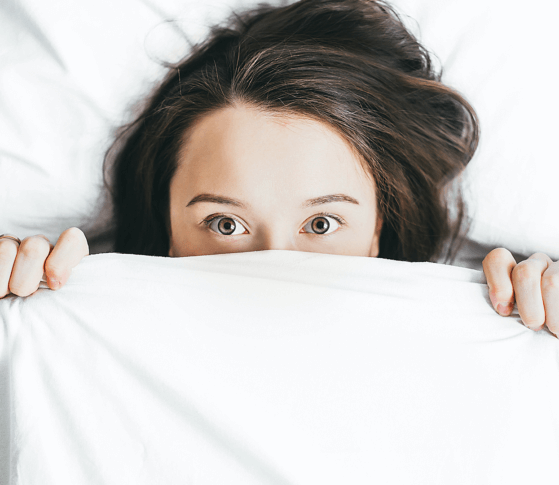If you wake up feeling like you haven’t really rested and are tired during the day, you may be suffering from disturbed sleep (insomnia). Not getting enough proper sleep can affect your health and your mood – it can make you irritable, anxious, or low in mood. Here are some things you can try to help you get better sleep.
It’s important to remember that not all solutions work for all people, so it’s important to try everything and find what works best for you.
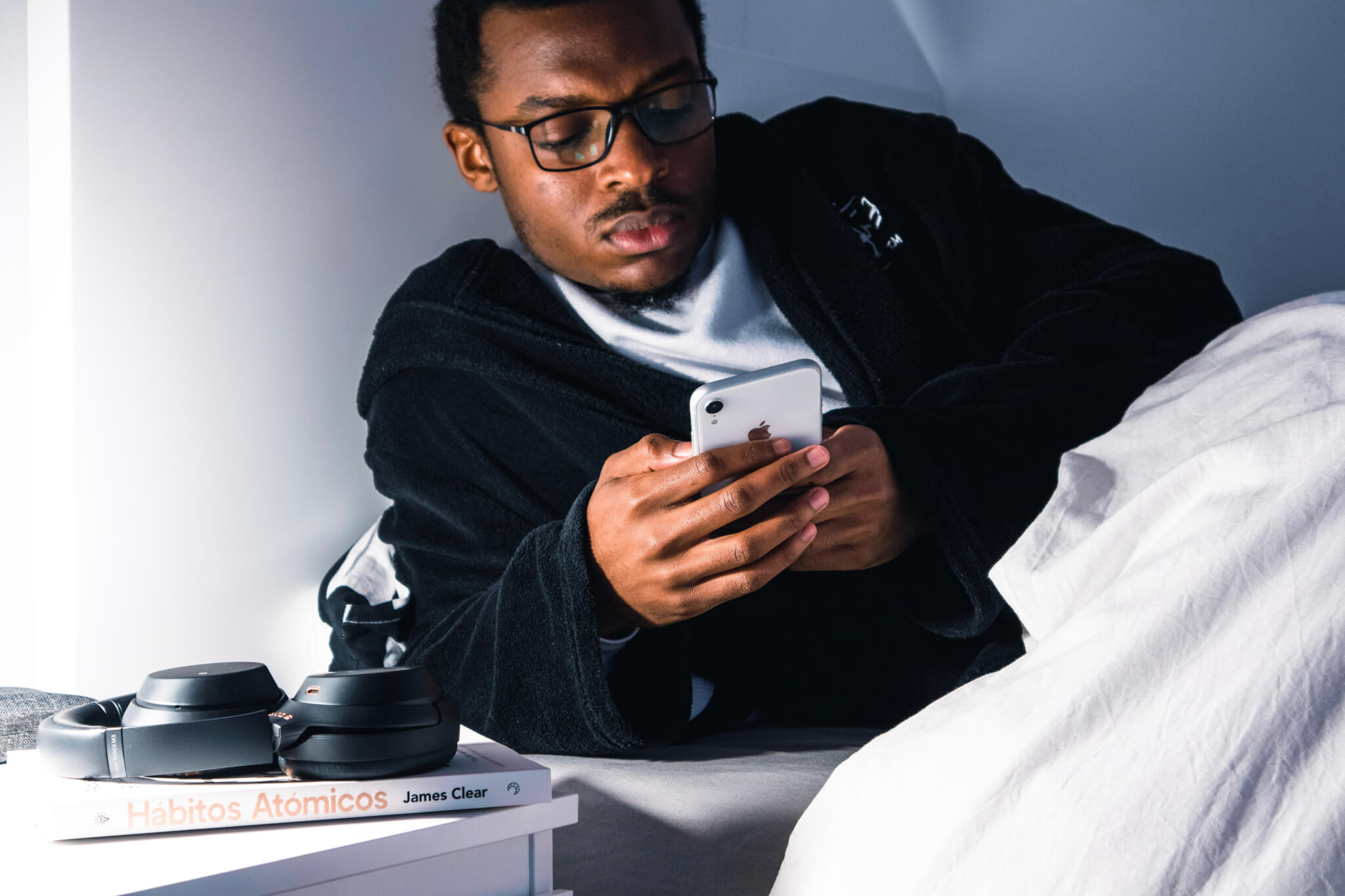
1) Limit your screen time.
Loads of us lie in bed playing on our screens, texting, on social media etc. Most of us think that this helps us wind down, right? No! There has been lots of research that tells us that screen time can make it harder to get good quality sleep. The blue light that comes from your screen stops your brain from producing something called melatonin, which is the chemical which helps us to fall asleep.
Try and switch your screen off at least half an hour before trying to sleep and let your brain do its thing!
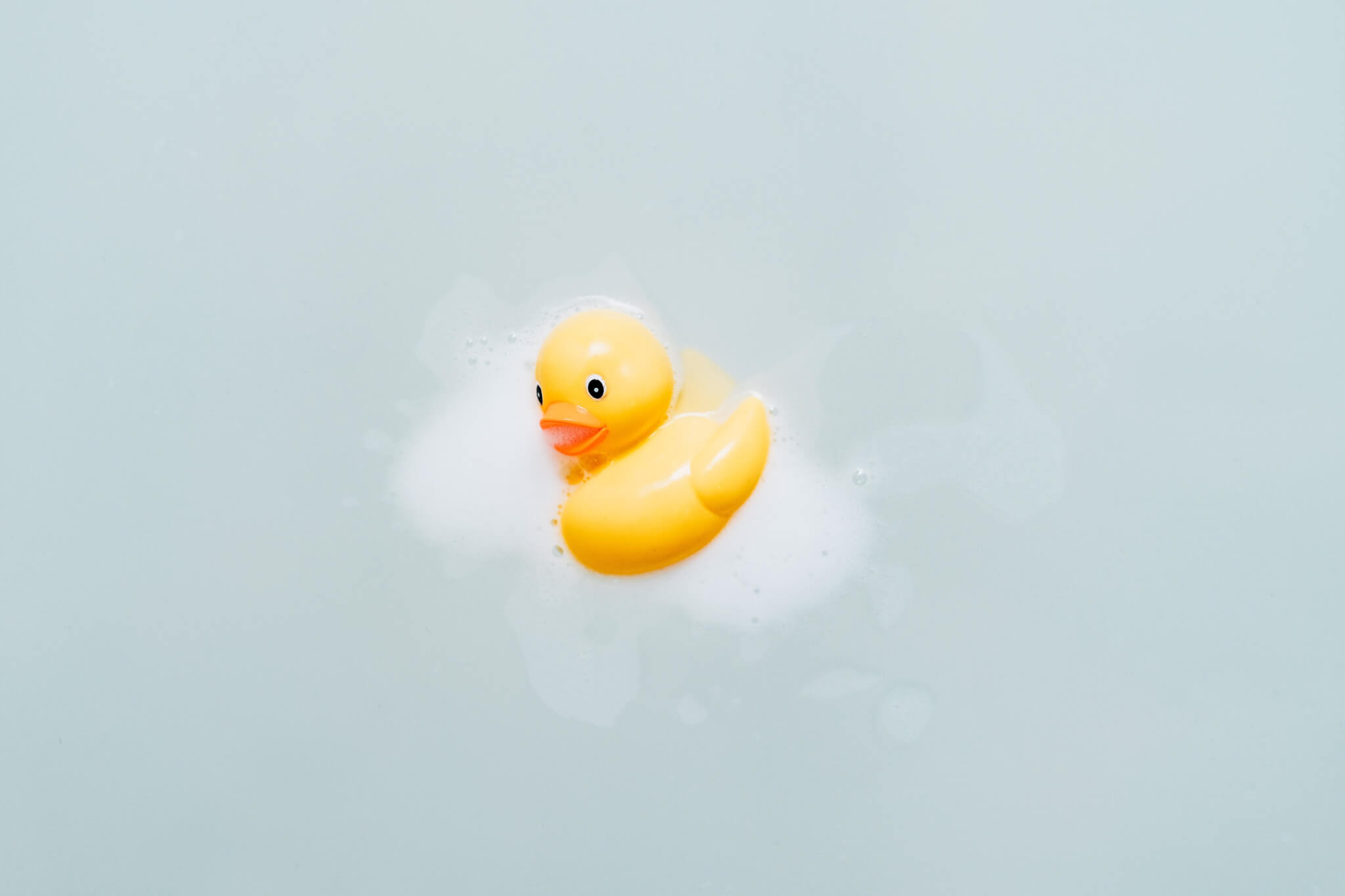
2) Have a nice long soak.
Try having a nice warm bath before you get into bed. Warm water will helps your muscles to relax you and get your body and brain ready for sleep. If you want to really take it a step further, try putting some essential oils like lavender into your bath. Lavender has been proven to help us sleep better.
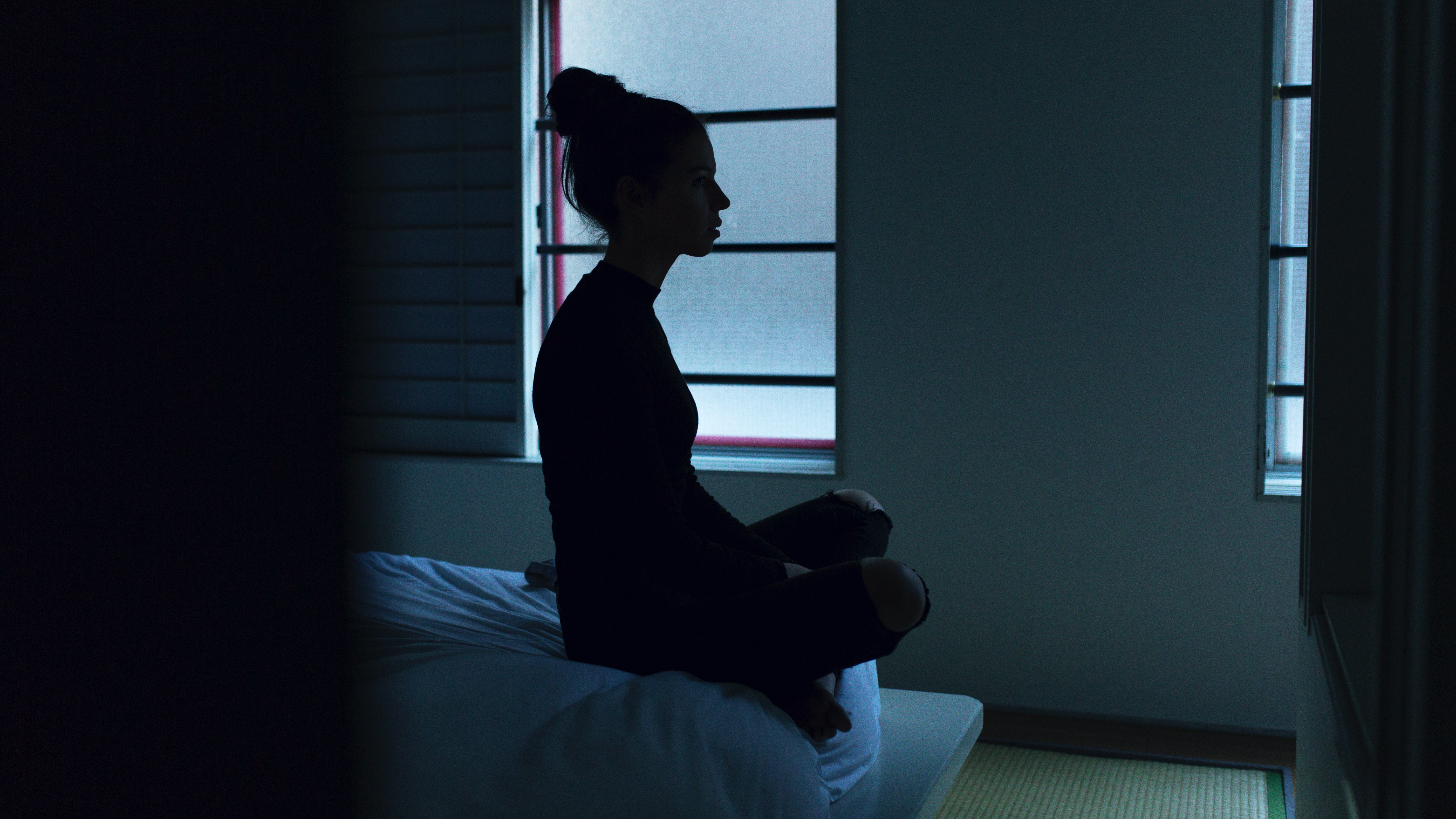
3) Get your sleeping environment right.
Firstly, try and be consistent and go to bed at the same time every night. Secondly, make sure your room is quiet, dark and not too hot or too cold. You might feel that the only way to get comfortable is to have lots of blankets and a super soft mattress with several foam toppers, but sometimes less is more. It’s the simple things that help the most, so make those changes if you can.
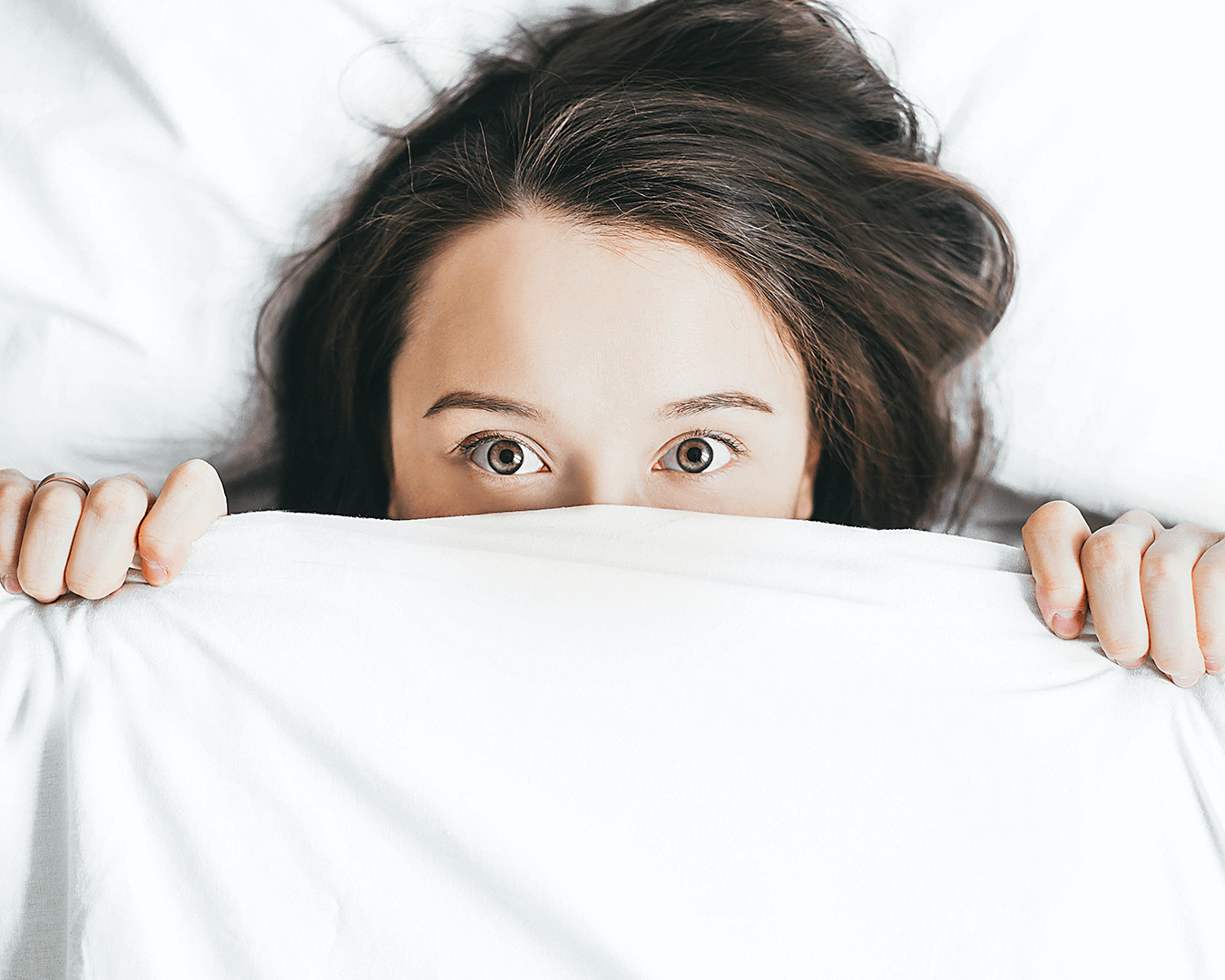
4) Avoid over-stimulation.
Try and avoid eating large meals, drinking alcohol or caffeine, or smoking before bed. If your body is stimulated by caffeine, alcohol, or nicotine, it is much harder to get proper sleep. And if you have eaten a lot, your body will be so busy working to digest all the food that it won’t be able to relax enough for you to fall asleep naturally. 3 hours is the recommended amount of time between having your last meal and settling in to sleep.
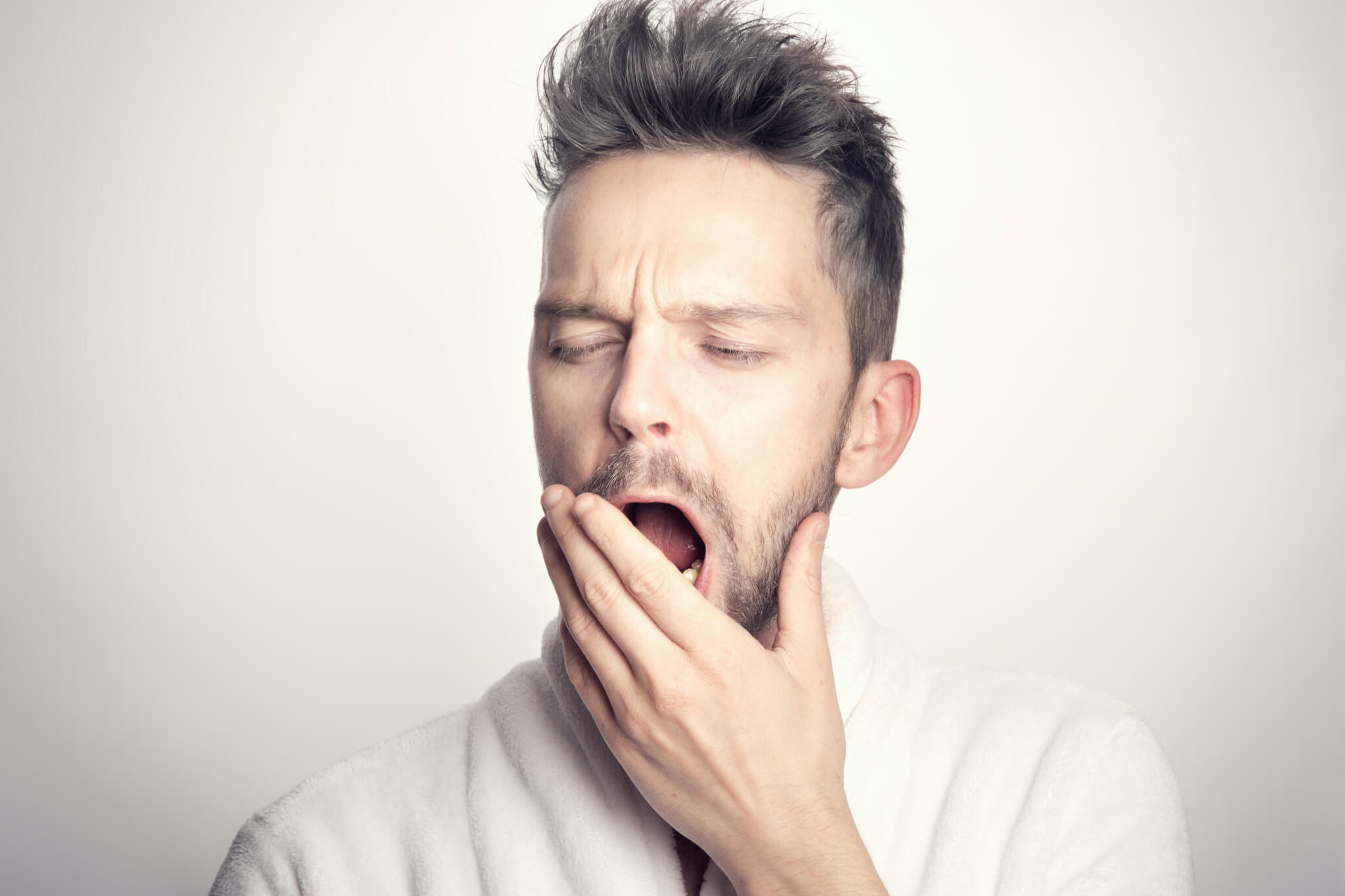
5) Get up and move.
Sometimes, if you can’t sleep, or have woken up and can’t get back to sleep, it is more stressful to lie in bed trying and failing.
Try getting up and doing something else for a short time before you get back into bed and try again. You could try having a cup of warm milk, which releases sleep hormones into your brain, or sitting on the sofa and reading a book. Even just getting up, going to the kitchen, and having a glass of water can help.
It is estimated that as many as 1 in every 3 people in the UK suffer from some sort of insomnia or sleep disturbance at some point in their lives. If you suspect that you are one of them, you are certainly not alone. Searching the internet will show you how many people are talking about it, and might give you some other ideas about what might work for you!
Whatever is worrying you and whatever you want to talk about, Stop.Breathe.Think is here.

